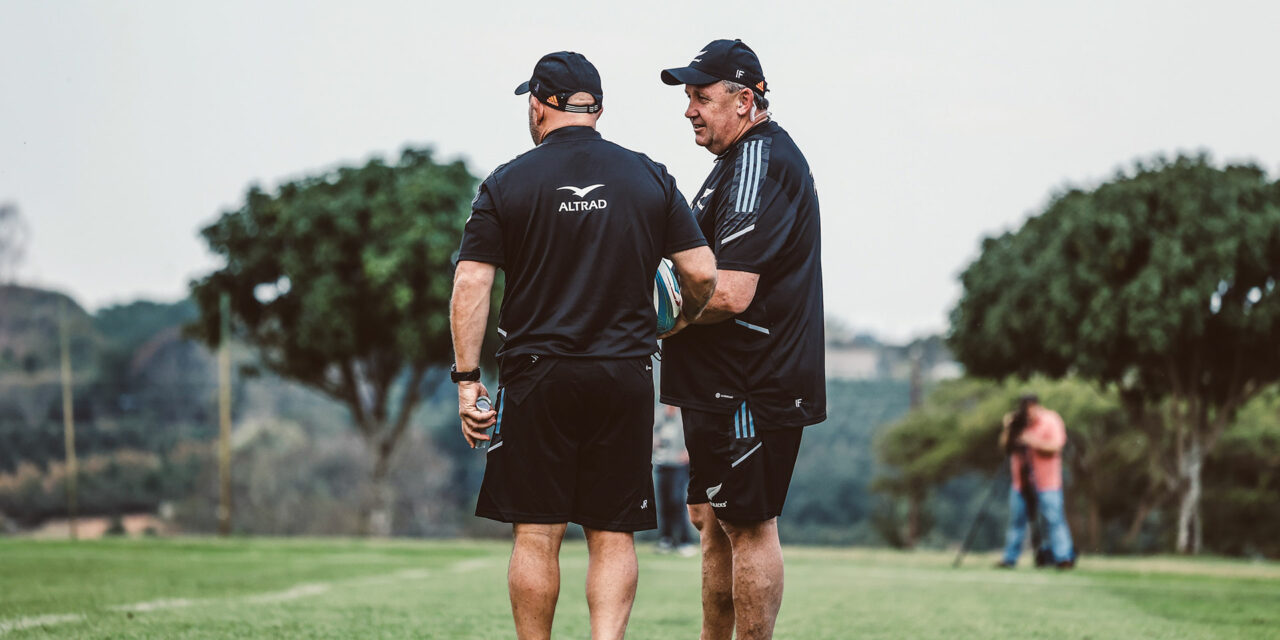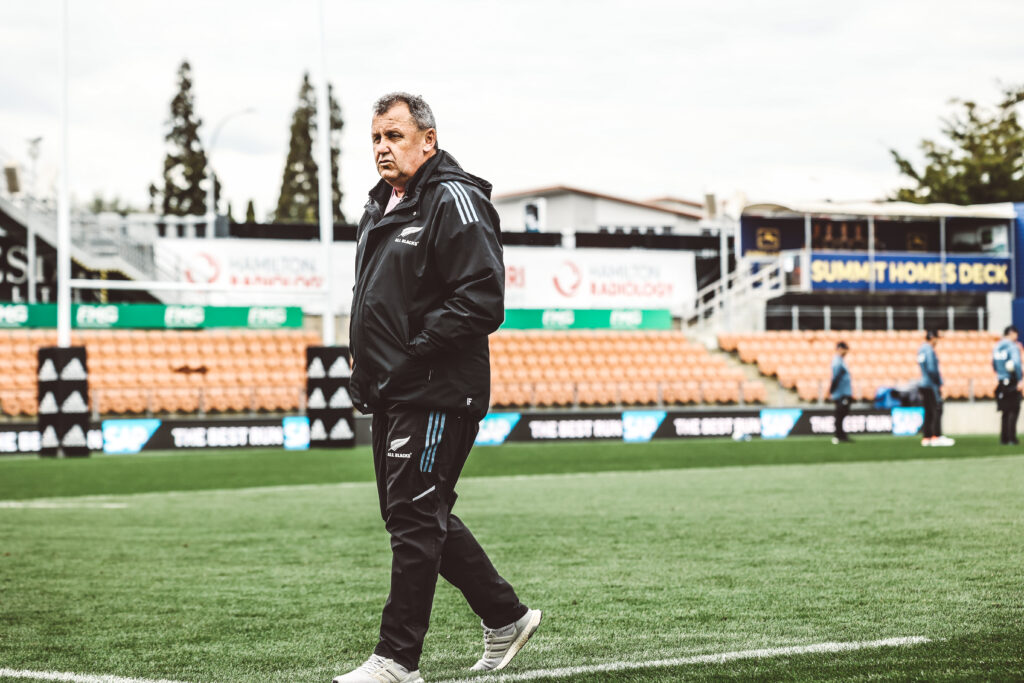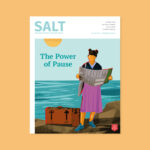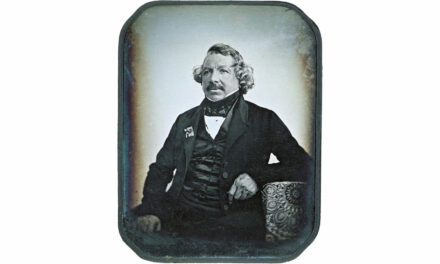
Keeping Your Head After the Game

SALT was privileged to sit down with Ian Foster, coach for the New Zealand All Blacks, to get his take on the importance of developing mental skills to cope with pressure, and how he helps young athletes mitigate the negative impact of social media. He also touches on the vital role that family and faith play as protective factors in his own mental wellbeing.
In this online bonus, Ian continues with his thoughts on life as the years accumulate.
Getting older is challenging. When your brain still expects your body to move like a 25-year-old but age or injury prevents that movement, it’s possible to get stuck mentally. Coach of the All Blacks, Ian Foster, offers some tips for navigating this inevitable phase of life.
Involvement in team-sport offers so much more than just physical activity. Readers may be familiar with the popular television series ‘Match Fit’ hosted by former All Blacks coach Sir Graham Henry and 1990s All Blacks superstar and former captain Buck Shelford. The series exposes the realities of life after professional sport for some players and reveals the truth about what Ian refers to as the ‘five powerful drivers’ that not only draw people into team sport but keep players coming back for more year after year.
‘I know some players who have really gone into a hole mentally because they’ve given so much to the sport, and then it’s not there anymore,’ explains Ian. The benefit of regular physical exertion not only on the body but on mental wellbeing as well, is crucial. But there are more pieces to the puzzle.
‘The key is understanding what players love about sport and mitigating that influence as careers come to an end, for whatever reason,’ says Ian. ‘There’s a big difference between players who make the decision themselves and those for whom the decision is made for them. A player may have the expectation of carrying on but that gets taken away from them if they are not selected, or injury prevents them from playing. There is a strong sense of grief around that. It’s important to identify this and allow recognition of that grieving phase because it is a really tough space. We’re working hard in that space now to support players.’
This kind of grief is not unique to professional rugby and obviously occurs in domestic sport, as well as other aspects of life when something comes to an end—careers, relationships, health, empty-nests, retirement and so on. But it’s the drivers beneath those things that must be acknowledged and attended to if we are to move forward in a healthy way.
Ian identifies five powerful drivers behind the reason players love sport. These drivers build a framework or scaffolding around an individual. When that scaffolding is removed, there is potential for collapse. Understanding those five drivers, therefore, is vital.
The first driver is camaraderie: ‘The collective good feeling of being part of a team with a common goal is a powerful driver,’ says Ian. ‘If camaraderie in sport is your number one driver, then how you transition into something else that feeds that need must be given some serious thought.’
Second, there’s competition: ‘We obviously have a lot of very competitive people in professional rugby who want to achieve something big together. That competitive edge within a team and as a team is hard to replicate. Helping players identify how they can contribute in alternative ways that give them that same energy is important.’
Getting older is challenging. When your brain still expects your body to move like a 25-year-old but age or injury prevents that movement, it’s possible to get stuck mentally.

Third, there’s physicality: ‘Physical exertion is linked to good mental wellbeing, and players really enjoy pushing themselves to be the best they can be. Athletes also lose a strong sense of invincibility when playing days come to an end and this needs to be acknowledged.’
Fourth, sport offers structure to a player’s week. Ian believes this is the driver that players struggle with the most. ‘Suddenly you are not delivered a weekly schedule. Wondering how you will manage your week and use your time can be daunting. What’s your next move in life and what shape will your week take? Spending some deliberate and intentional time in that space is vital because this is a mourning period for a lot of players,’ says Ian.
Fifth and final is development: ‘In sport, you are always being encouraged to learn and improve and get better’. Ian takes care to highlight that development is not just about what happens on the field.
‘New Zealand Rugby has done a really good job in terms of preparing players for their post-rugby life. Particularly young players who have half a day a week for professional development which includes education and work experience. So there’s a lot of good work going into that space now and a lot of great people involved in the development of individuals and that’s so beneficial for players.’
Ian also emphasises that playing overseas for a few years when their top-level New Zealand rugby careers end can also be helpful for some players. ‘Instead of just finishing, players often go overseas for a few years and there’s an element of transition out of the game that contributes to us not seeing players struggle so much or the kind of damage we used to see.’
When players step out of the professional rugby environment those five drivers need to be kept satisfied, and a new scaffold erected. With the World Cup on the horizon, and his own time as head coach coming to an end, Ian is alert to what he knows could be a rough patch ahead. But he’s aware and taking steps.
‘I’ve been the All Black’s head coach but all of sudden I won’t be the head coach anymore. This is a bit tongue-in-cheek, but I think my wife is worried about having me around more! She’ll make sure I know I’m not the head coach at home and support me as I work to change some habits,’ says Ian.
SALT wishes Ian and the All Blacks all the very best as they prepare for the World Cup!









